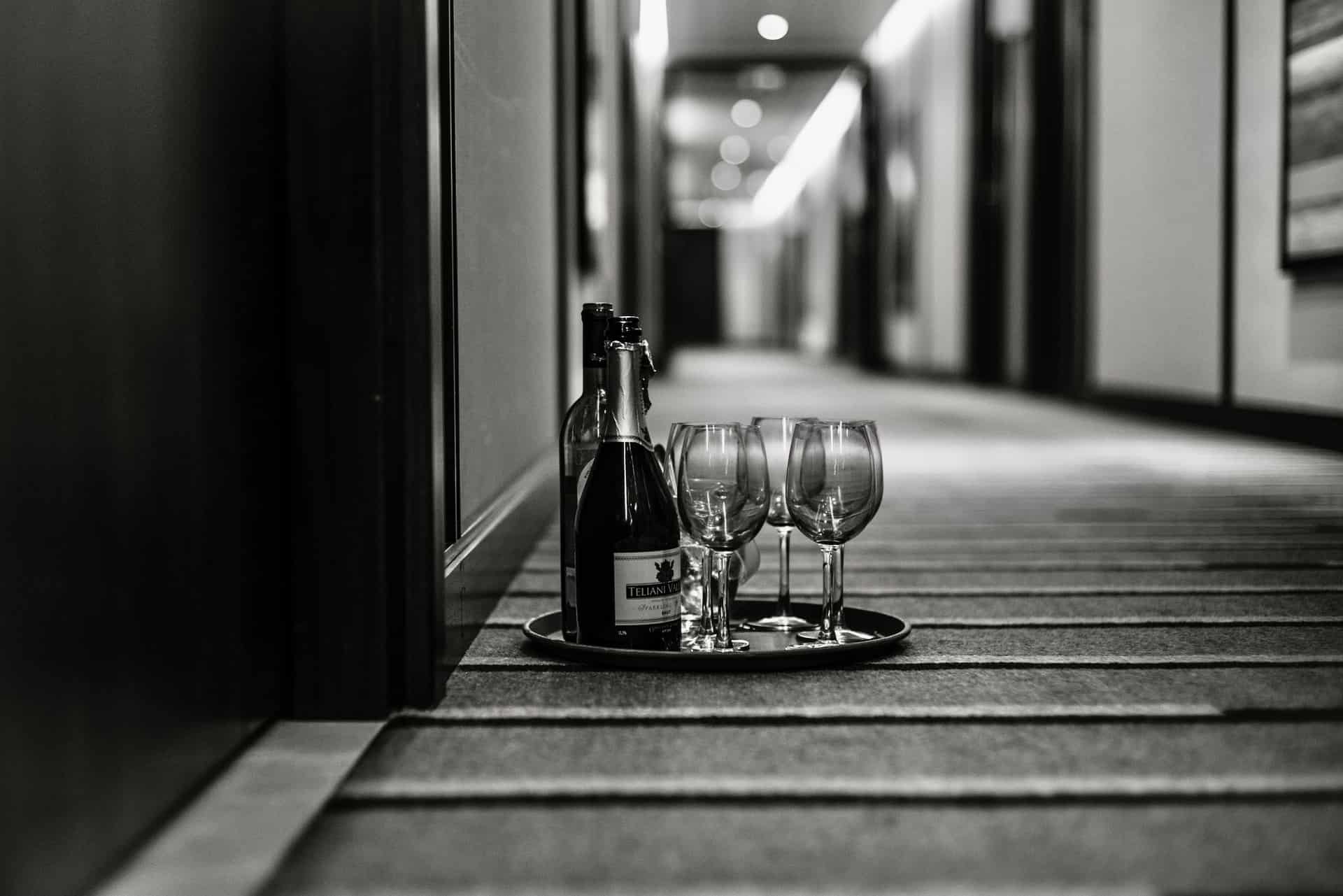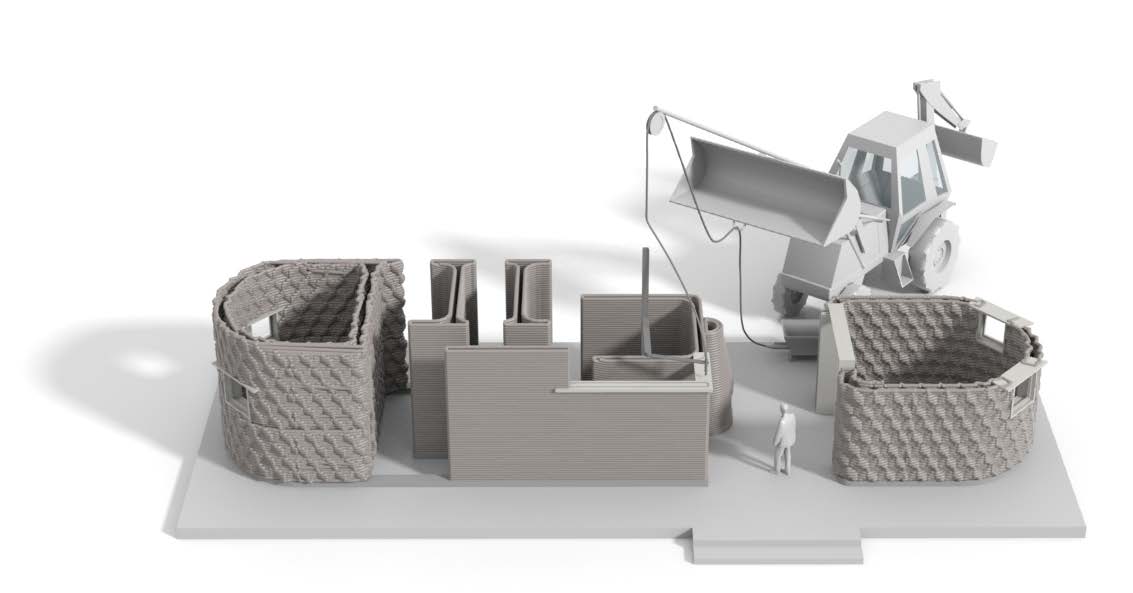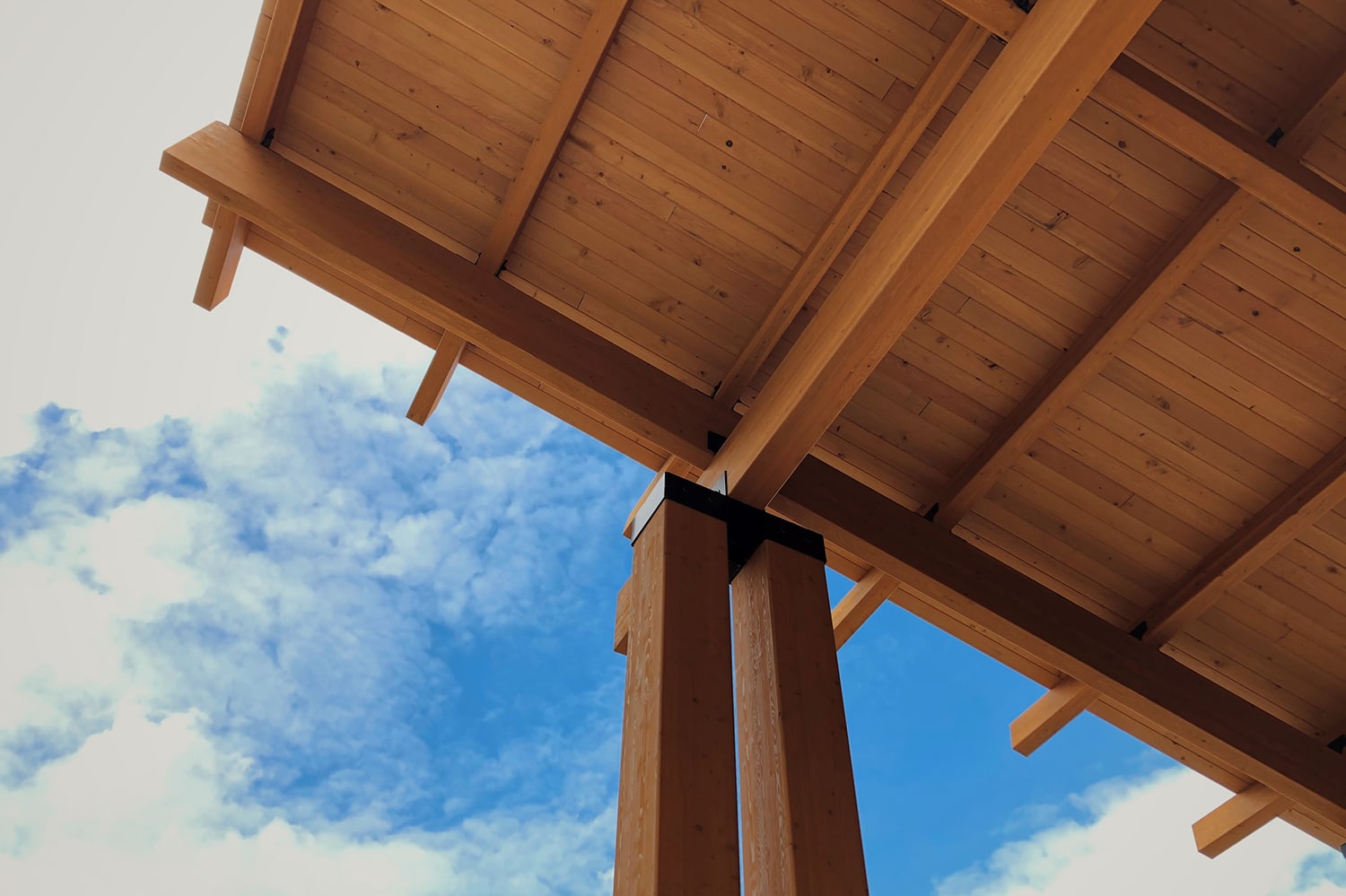Regina Connell and Peter Williams
Bakers who’ve never baked before baking obsessively. Pink hair, followed by blue. New diets. Moves from the city to the country. Why is it that our instinct is to change things when there’s already so much change happening anyway? And what can the hospitality industry learn from this?
The foundations of contemporary hospitality have been shaken to their core. For a population used to flying cross country or overseas on a whim… they’re suddenly unable to book spring break in 2021. High-touch service is suddenly not. Gathering and mingling over cocktails or indulging in spa services are just a fond memory. Ditto someone making your bed or bring you breakfast. Guests ready for discovery, whimsy, and surprise? Not right now: they’re more interested in safety, certainty, and predictability.
It’s no surprise that AirBnB has done relatively better (though still at a loss) than the mainstream hospitality industry: they offer privacy, no service, and 100% control. Why wouldn’t a guest choose those options if the things they went to a hotel or resort to do or experience are no longer available to them?
The need for a sense of control goes deep in humans. Control means safety, it means survival. It is primal. And yet everything about this pandemic has eroded any sense of control. According to psychologist Albert Bandura, the sense of how well one can execute courses of action required to deal with prospective situations is called “personal efficacy”. People who previously were moving confidently through life were thrown for a loop, spoiling our previous understanding of our abilities to deal with unrelenting changes and challenges. Certainty is out the window; we’re operating in an environment many don’t understand (science and public health), and the ability to predict what will happen doesn’t exist.
That’s why we’ve become more obsessive, made changes, taken big leaps. It’s our way of taking back some modicum of control.
Everyone understands intellectually that the hospitality industry is suffering. But the problem for hospitality – especially the large brands – is that consumers can have long memories. Impressions that they’re forming now will linger into the future. Bottom line, the hospitality brands that find a way to be not just hospitable–but to truly care for a bruised, scarred, and vulnerable traveler base–will thrive post-pandemic.
Giving guests a greater sense of control and certainty over their experience is a first step in giving care and hospitality.
Ironically, guests are starting to gain more control over their hospitality experience than they ever have before. For example, they now have far more information on hygiene practices. In hospitality, typically a laggard in technology, the pandemic has spurred a move to upgrade technology to introduce ways to limit human interactions: check-in is now touchless, rooms feature voice commands for all kinds of controls and questions. Guests have a way to control the amount of interaction they have with hotel staff and with others. We believe that these changes will last beyond the core pandemic period, and become a permanent part of the guest experience…and in many ways they should: many of the changes address long-standing complaints about the hospitality experience (often notably check-in and check out.)
Beyond the self-service tools, there are other things that hotels and resorts could do to increase the sense of control.
Take lighting levels, for example. Lighting (too much, too little, wrong location, inexplicable controls) has long been a pet peeve for guests. But providing controls – just like a simple menu – with buttons and clever names/symbols will make people sing praises at being able to exert control over the room. Better control over heating and cooling would also go a long way. Now that we’re living with Nest, Ring, and other connected home devices, we’ll be expecting more from our hotels.
But service is really where the challenge of COVID lies.
Most of us have heard stories like the following: a guest at the property of a large hotel brand asks the front desk for a wine glass since room service and all hotel restaurants and bars were closed, and there were no glass cups in the rooms. All the hotel had to offer were prepackaged cloudy plastic cups and prepackaged sporks. The guest wanders around a while, walked behind a barrier, and just took a glass from the bar display cabinet. Needless to say, this guest won’t be staying with that brand again.
On the other hand, we’ve also heard those stories where a guest asks the front desk for bowls for cereal the next morning, and 15 minutes later, someone brings up bowls and spoons. This guest felt extremely cared for, almost as though the hotel had gone above and beyond expectations. Small things make big impressions.
Part of the imperative for hotels is to communicate these “new normal” practices properly, and most importantly, deliver on them. Because the essence of hospitality is trust. It is the foundation for everything.
Hygiene is important, but hygiene theater is not enough, and can even backfire. If a property is touting their heightened hygiene practices, and yet a guest continues to discover the opposite – you’re jeopardizing trust. Hygiene is more than skin deep – if a room has loose carpeting, a stain, or the TV is crooked, just take it out of service. With so many rooms vacant, if you put someone in a room that has even the slightest scratch, the guest can only assume that a) all the rooms are shit or b) they got singled out for a bad experience.
“Self-service” options as features of a great hospitality experience, not bugs. But it’s imperative that hotels also really support these apps and wrap service around them so that the interface is seamless around the needs of the customer, not the hotel, and that troubleshooting is expert and flawless (and there always needs to be a “live” person for people to talk to). In our experience, even in the case of elite brands, it’s often the handoff between technology and service where the experience falls down: technology can’t be thought of as a silo or a channel. It’s an integral and integrated part of service.
And beware of overreliance on technology: we see that the next few years will bring mounting concerns (and legislation) over data security and privacy. When guests check into a hotel, will they want to feel monitored 24/7?
Meeting the very human need for control in an inherently uncontrollable environment is a high bar. But if hospitality brands can build a solid foundation of trust, they can help their own businesses and industry recover more quickly – and in the long term, build the kind of loyalty that can create a stronger business and greater resilience against future uncertainties.









 Job Title Titlename
Job Title Titlename